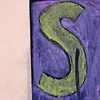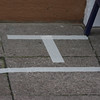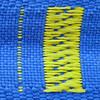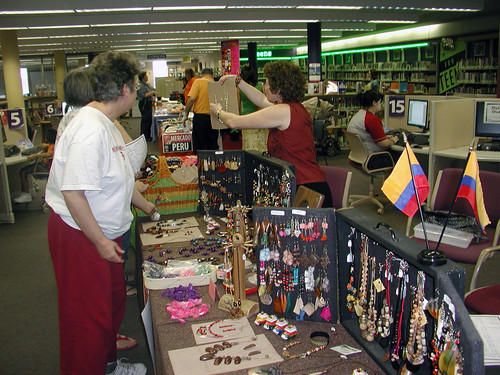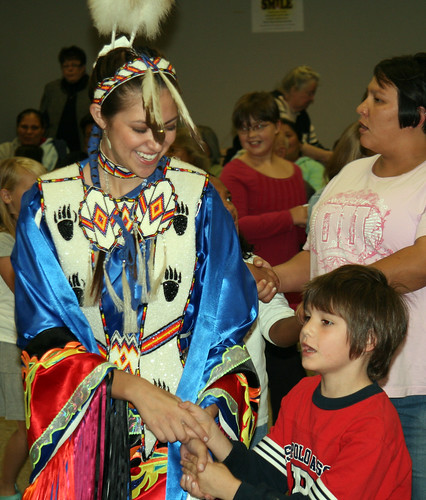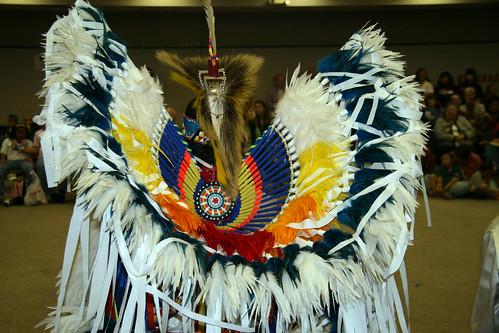While I am waiting for posting access to be granted at a wiki, I will go ahead and blog my thoughts about wikis. After I've edited a page I will provide a link to it here.
23 Things asks:
- What did you find interesting about the wiki concept?
- What types of applications within libraries and schools might work well with a wiki?
I've been familiar with wikis for awhile, mostly because of the lovely and handy and controversial wikipedia.com. (Don't worry, I've never used it for a research paper and would never dream of doing so- it's just a fun way to learn random things.) Editing wikis is a new venture for me, and my final project for 5433 will be to create a wiki!
I really like the idea of wikis as a collaborative learning tool. I think they work best when the subject matter being wiki-d (hah!) lends itself to community usefulness. Like that old saying, two heads are better than one. Except with a wiki, it might be 200 heads. Or 2,000. Wikis are a great way for experts to share their knowledge with neophytes. That's the beauty of wikipedia: Bob knows a lot about the history of ancient Greece, so he can wiki about that, but he doesn't know anything about the atmosphere of Jupiter, which Susan happens to know quite a bit about. Bob gets to benefit from Susan's expertise, and vice versa.
In libraries, wikis can be a powerful library 2.0 tool. Instead of the library website being all about what We, The Mighty Librarians know and what We, The Mighty Librarians think is best for you to know, we can open up our digital space to the benefit of collaborative knowledge. This could work well for subject guides or reader's advisory tools, or, as my project for 5433 will hopefully do, it can be a space for unique community information. That concept was touched on in this article featured on the 23 Things website:
"What about making the library’s website the online hub of the community? Libraries could create a community wiki that would be a one-stop-shop for community information. With the input of the entire community, it could become whatever the community needs it to be. Want to know who the best mechanic is for fixing old Toyotas? Check the automotive reviews on the wiki. Want to know when your child’s next Little League game is? Check the team information page the coach set up on the wiki. Want to find the spiciest Thai food in town? Read the member reviews in the restaurant section. Anyone could add new informative content. The library could team up with other local organizations to develop, maintain and add content to the wiki, but the bulk of the content will come from average member of the community. Opening up a community guide to the public allows a wealth of information to flow in that can make the library’s website a true community resource."
YES! Yes I say!


 Blurry and not that exciting. Then I made a
Blurry and not that exciting. Then I made a 




